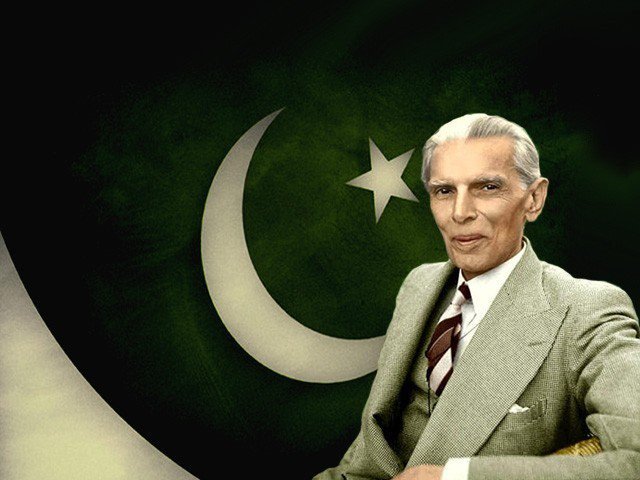Today marks the 75th anniversary of the passing of Quaid-e-Azam Muhammad Ali Jinnah, a solemn moment dedicated to paying homage to the esteemed founding father of the nation. It was on this very day in 1948 that Quaid-e-Azam Muhammad Ali Jinnah bade farewell to this world, yet his enduring legacy continues to shape the trajectory of Pakistan.
Born on December 25, 1876, Muhammad Ali Jinnah was a multifaceted luminary, a distinguished lawyer, a sagacious politician, a visionary statesman, and above all, the visionary founder of Pakistan. His illustrious journey saw him at the helm of the All-India Muslim League from 1913 until the momentous day of Pakistan’s independence on August 14, 1947. Subsequently, he assumed the role of Pakistan’s first Governor-General, a position he held until his untimely demise on September 11, 1948.
His ascent to prominence within the Indian political landscape was marked by his initial efforts to foster Hindu-Muslim unity, culminating in the pivotal 1916 Lucknow Pact between the Muslim League and the Indian National Congress. Notably, Jinnah also played a pivotal role in the All India Home Rule League.
With unwavering dedication, Jinnah presented a visionary fourteen-point constitutional reform plan aimed at safeguarding the political rights of Muslims within a self-governing India. However, his evolving vision soon embraced the Two-Nation Theory, which advocated the creation of a separate Muslim state, as articulated in the Lahore Resolution. The electoral triumph of the Muslim League in 1946 confirmed the resonance of his ideas among the Muslim electorate.
In the face of the Cabinet Mission Plan’s failure, Jinnah took decisive action by calling for Direct Action Day, an event that regrettably ignited widespread communal violence in Calcutta between Muslims and Hindus. The impasse between the Indian National Congress and the Muslim League over power-sharing for a united India ultimately led to the historic decision for the independence of both Pakistan and India, with the British consenting to this monumental transformation.
As Pakistan’s inaugural Governor-General, he embarked on the arduous task of establishing the foundations of the nascent state, crafting national policies, and overseeing the rehabilitation of millions of Muslim refugees who had journeyed from India in pursuit of a new homeland.
Jinnah’s passing at the age of 71 in September 1948, a mere year after Pakistan’s liberation from British colonial rule, marked the conclusion of a remarkable life dedicated to the pursuit of his vision. His legacy endures as a source of profound reverence in Pakistan, even as opinions about him in India vary.
In the words of his biographer, Stanley Wolpert, Muhammad Ali Jinnah remains undeniably Pakistan’s greatest leader, a leader who guided a nation to its destiny and secured a distinct and cherished place in history.














